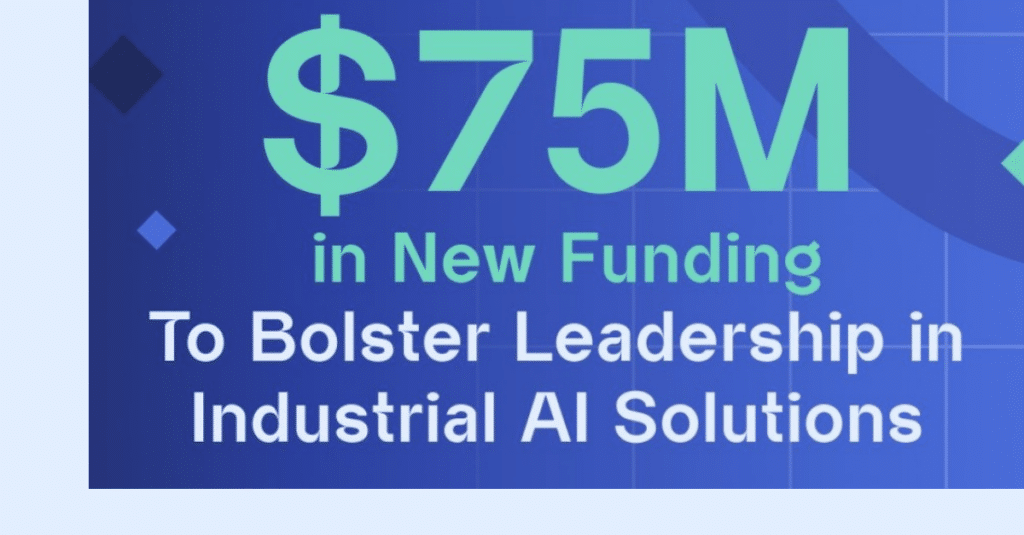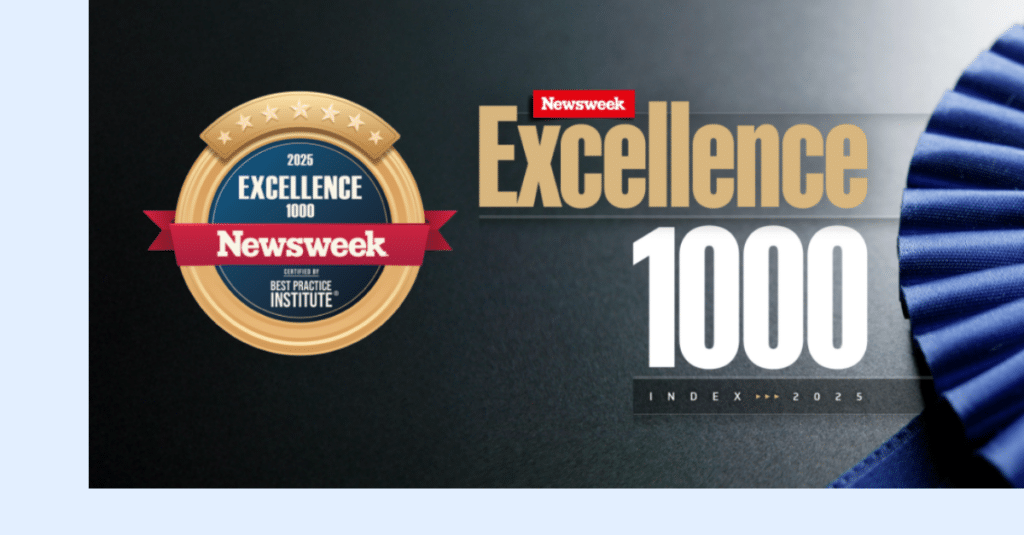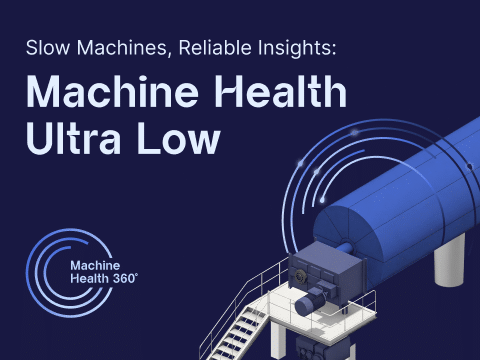
This past weekend, BBC broadcast a new episode of Click featuring Augury’s Machine Health being applied to a chips factory run by PepsiCo in the UK. “Welcome to the future of manufacturing!”
‘Exploring The Latest Tech Innovations Shaping Our Lives’
“Since I was young, I was fascinated and inspired by shows like BBC News‘ Click that propelled me into the magical world of technology, and how it works behind the scenes to change the world around me,” says Augury Co-Founder and CEO Saar Yoskovitz. “So, I’m excited that our work with PepsiCo is featured in an episode of BBC Click.”
And what an episode! In fact, the episode comes backed by the extended BBC feature article ‘How Factories Are Deploying AI On Production Lines.’
Bring On The Noise
Meanwhile, the video episode gives a clear explanation of Augury technology (though American watchers should be warned: chips are strangely called “crisps” in the UK).
As presenter/journalist Alasdair Keane put it: “If you think munching on a packet of crisps is noisy, wait until you hear the sound of the Walkers snack factory: lots of loud and fast-moving machines get the snacks made, packaged and out into the shops.”
“To try and predict when the machines aren’t right before they break down, factory owners, PepsiCo are turning to AI-powered sensors. But the secret ingredient is something the factory isn’t short on. All of these machines are really noisy. Yes, they’re listening to the sound coming from each bit of machinery and analyzing the health of the equipment,” says Alisdair.
AI and Sustainability
“A sophisticated AI algorithm can really detect the specific issue that the machine has,” says Saar in the episode. “And today we have over 300 million hours of machines that we’ve analyzed and monitored. And we can leverage this database to create algorithms that know how to pinpoint the specific patterns of different malfunctions.”
“In other words, we can detect exactly what the problem is and what you need to do to fix it. Detecting the problems in this way means repairs can be scheduled and problems fixed without causing a shortage of products in the supermarket,” says Saar. “And in terms of sustainability: if the machine is working in the most optimal way, you also reduce energy consumption and waste, while also improving the quality of the product.”
Start Small, Scale Fast
“What we liked about Augury is how it brings two technologies together,” says David Schwartz, VP tech innovation at PepsiCo Labs. “There are sensors with which we can track what’s happening in our factory. But we’re also able to apply AI to take all that data, pull it together and get out actionable insights.”
“And now this tech is being rolled out across the company’s global factories after a pilot in the USA proved successful,” says Alisdair.
“Watching this episode of Click,” says Saar after the broadcast, “I couldn’t help but to hope there was a young kid or aspiring entrepreneur out there, that will be motivated to join us in building the future of manufacturing!”
Read and watch more about PepsiCo’s innovation success story.




